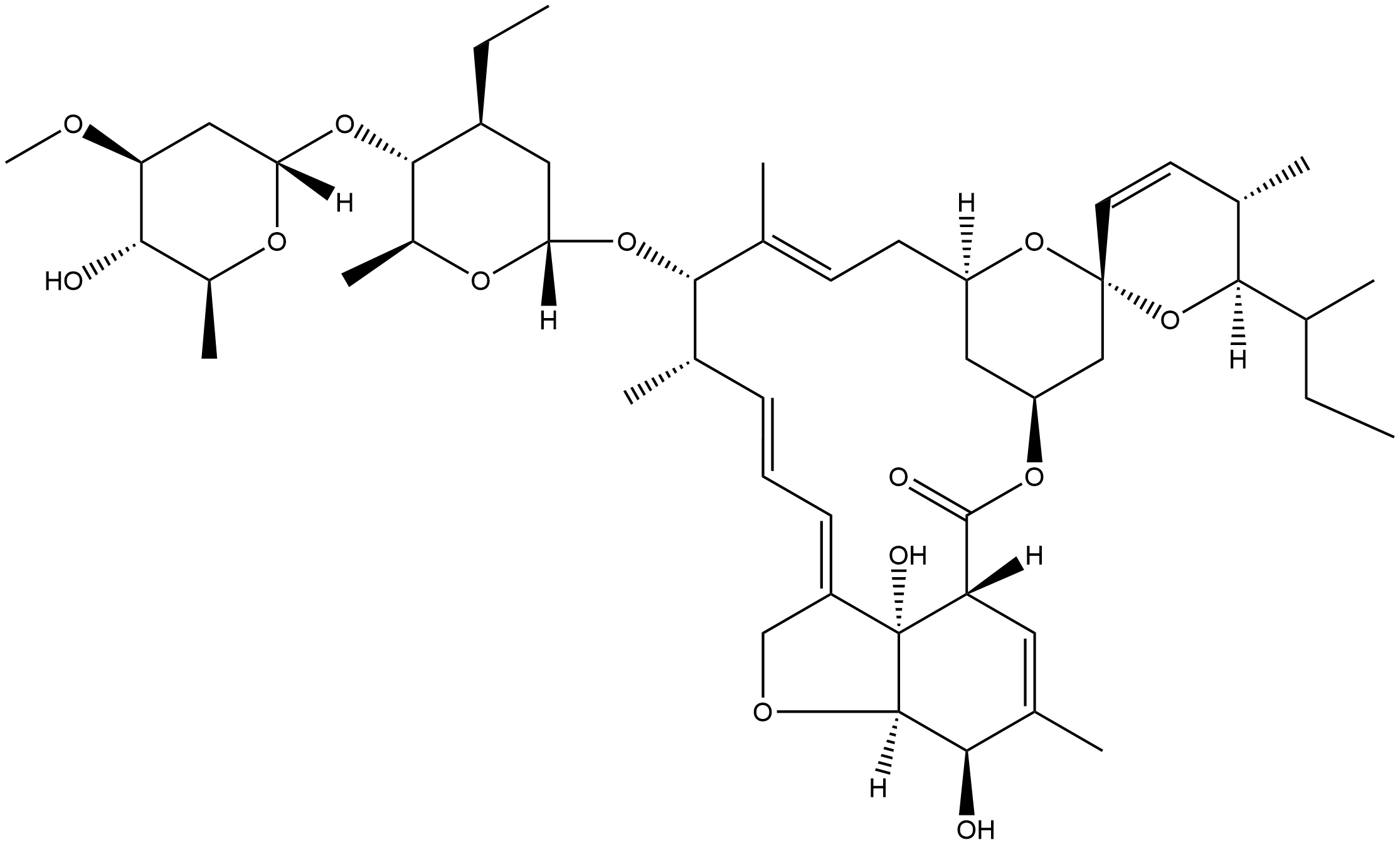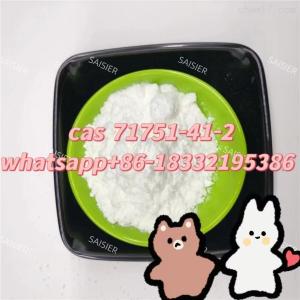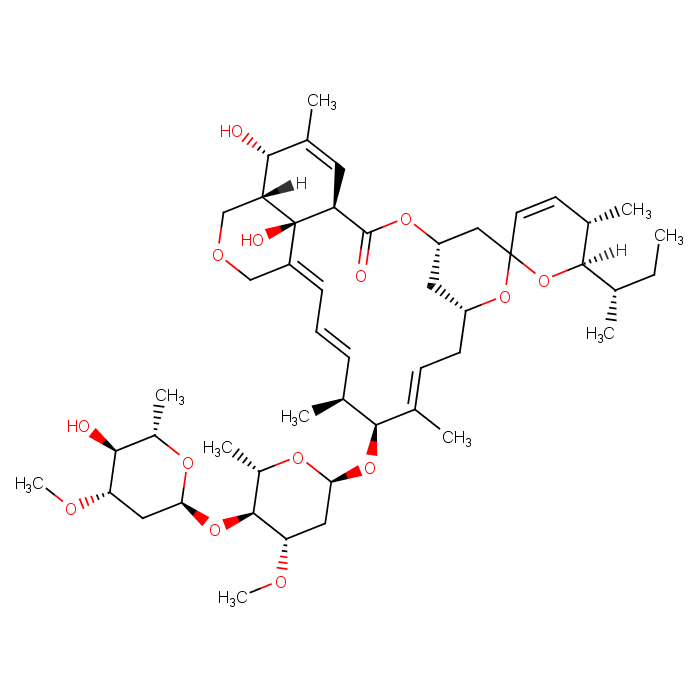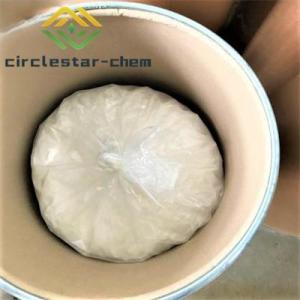| Uses
|
It is a kind of 16-membered macrolide, farm-livestock dual antibiotics with strong insecticidal, acaricidal, nematicidal activity. It is of broad-spectrum, high efficiency and safety. It has strong stomach poisoning and contact-killing effect without being able to kill the eggs. Its mechanism of action is interfering with the neuro-physiological activity, affecting the transmission of cellular membrane chloride with GABA being the target site. When the drug stimulates the target sites, it can block the transmission process of motor nerve information, resulting in the signal of central nervous systems of pest being continuously received by motor neurons, causing rapid paralysis of pests within hours, poor feeding, and slow moving or not moving. Because they do not cause rapid dehydration of insect rapid dehydration, so the lethal effect is slow. They will generally die after 24d after. It is mainly used for the prevention and treatment of various kinds of pests such as diamondback moth, cabbage caterpillar, armyworm, and flea in vegetables or fruit trees, it is particularly efficient in treating insect pests resistant to other pesticides. The amount per hectare for treating vegetable pests is 10~20g with control efficiency of over 90%; for the control of citrus rust mite: 13.5~54g per hectare with residual time being as long as 4 weeks (reduce the dose to 13.5 to 27 g upon being mixed with mineral oil by which the residue time can be extended to 16 weeks); it can be used for control of carmine spider mite, tobacco budworm, bollworm and cotton aphid with good efficacy. In addition, it can also be used to control cattle parasitic diseases, such as Damalinia bovis, Boophilus microplus, and bovine foot mite. When used for the control of parasitic diseases, the dosage is 0.2mg/kg of body weight.
It has driving and killing effect on nematodes, insects and mites. It can be used for the treatment of nematodes disease, mite disease as well as parasitic disease of livestock and poultry.
It has good control efficacy and delayed resistance for various kinds of pests of citrus, vegetables, cotton, apples, tobacco, soybeans and tea.
It can be used for the prevention of many kinds of pests or pest mites of vegetables, fruit and cotton.
|
|
Chemical Properties
|
Off-White to Yellow Crystalline Solid
|
| Chemical Properties
|
Abamectin is a colorless to yellowish crystalline powder. It is soluble in acetone, methanol, toluene, chloroform, and ethanol, but insoluble in water. It is stable, and incompatible with strong oxidizing agents. Abamectin is a mixture of Abamectins containing about 80% Abamectin B1a and 20% Abamectin B1b. These two components, B1a and B1b, have very similar biological and toxicological properties. The Abamectins are insecticidal/miticidal compounds derived from the soil bacterium Streptomyces avermitilis. Abamectin is used to control insect and mite pests of citrus, pear, and nut tree crops, and is used by homeown- ers to control fi re ants. It acts on the nervous system of insects, causing paralyzing effects. Abamectin is a general use pesticide (GUP). It is grouped as toxicity class IV, meaning practically non-toxic, requiring no precautionary statement on its label
|
|
Originator
|
Abamectin,Yellow River Enterprise Co. (a.k.a Yelori)
|
| Uses
|
Mixture of Abamectins, containing at least 80% of Abamectin B1a (C48H72O14) and not more than 20% of Abamectin B1b (C47H70O14). Used as acaricide, insecticide
|
|
Uses
|
ectoparasiticide, CNS stimuant, mutagen
|
| Uses
|
Acaricide; insecticide.
|
|
Definition
|
Any of a group of broad spectrum antiparasitic antibiotics produced by the actinomycete, Streptomyces avermitilis.
|

















